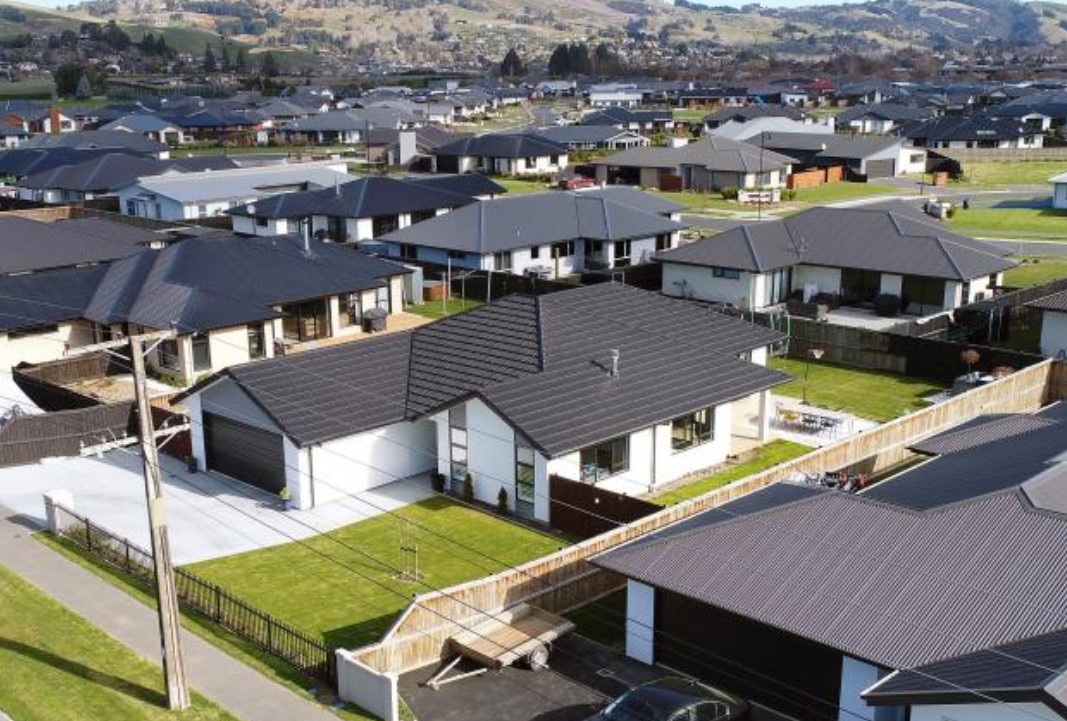Picture someone in the world's wealthiest 1 per cent. You might think of Bill Gates, Jeff Bezos, maybe Elon Musk. But what about Karen with a typical Auckland house and a few thousand in her KiwiSaver account?
Credit Suisse has released its latest global wealth report, which placed New Zealand fifth in the world on a wealth-per-adult basis.
It found about 5 per cent of adult New Zealanders were in the global top 1 per cent wealthiest.
To enter that bracket, they had to have wealth of US$936,430 ($1.461 million).
In New Zealand, total wealth rose 4.2 per cent of the 12 months to mid-2019 and wealth per adult increased 3.1 per cent to US$304,120. The median was US$116,440.
Eric Crampton, chief economist at the New Zealand Initiative, said people might be surprised to think of themselves as among the top global 1 per cent.
But they could achieve that level of wealth with a paid-off house in Auckland or a partly paid-off house and a few other assets, such as KiwiSaver.
"We are, globally speaking, pretty rich."
Gareth Kiernan, chief forecaster at Infometrics, said the proportion of wealthiest people was in line with New Zealand's population as a proportion of the population of high-income countries.
"As a point of comparison, the US has 27 per cent of the high-income countries' population but 38.9 per cent of the top 1 per cent.
"The data suggests that while we have a proportion of people here who become rich, we tend to keep down the number of people with little or no wealth."

Cameron Bagrie, of Bagrie Economics, said New Zealanders' wealth had been boosted by increases in asset prices – the report noted house prices but share prices have also had a long run of increases.
"In a world of lower and lower interest rates, it's almost a one-way ticket for asset prices to go north."
Kiernan said the reliance on house prices to boost wealth was only an issue if housing was overvalued or prices fell substantially.
Bagrie said New Zealanders "certainly don't feel wealthy" because their per capita income was below the OECD average.
"That's ultimately the figure that matters because it's how much money consumers have in their back pockets. Wages are sub-par and New Zealand is not a cheap place to live."
But Peter Wilson, an economist at NZIER, said wages were increasing and unemployment was low, which helped.
- Number of children living in poor households jumps in 2018 year, latest figures show
- Dunedin house prices rising fastest of main centres
- House prices could head back up despite economic slowdown, says Infometrics
Wilson said the main point that came out of the report was that wealth inequality in New Zealand was nowhere near as bad as in some other countries.
"The top 1 per cent in New Zealand are not particularly wealthy. They don't hold vast amounts of our wealth."
The top 1 per cent wealthiest New Zealanders hold 19 per cent of the country's wealth. That compares to the top 1 per cent owning 45 per cent of net assets on a global basis.
Crampton said it would be hard to make the case that inequality was worsening.
New Zealand was less unequal than countries such as Norway and Denmark, which are often held up as egalitarian.
Kiernan said it was possible that data was skewed. "It could also be that the combination of tax settings and geography for rich people in European countries encourage them to move elsewhere where they can keep more of their wealth, such as Monaco, Luxembourg. If that's the case, then the proportions of the 1 per cent in the likes of Norway or Germany might be artificially low."





